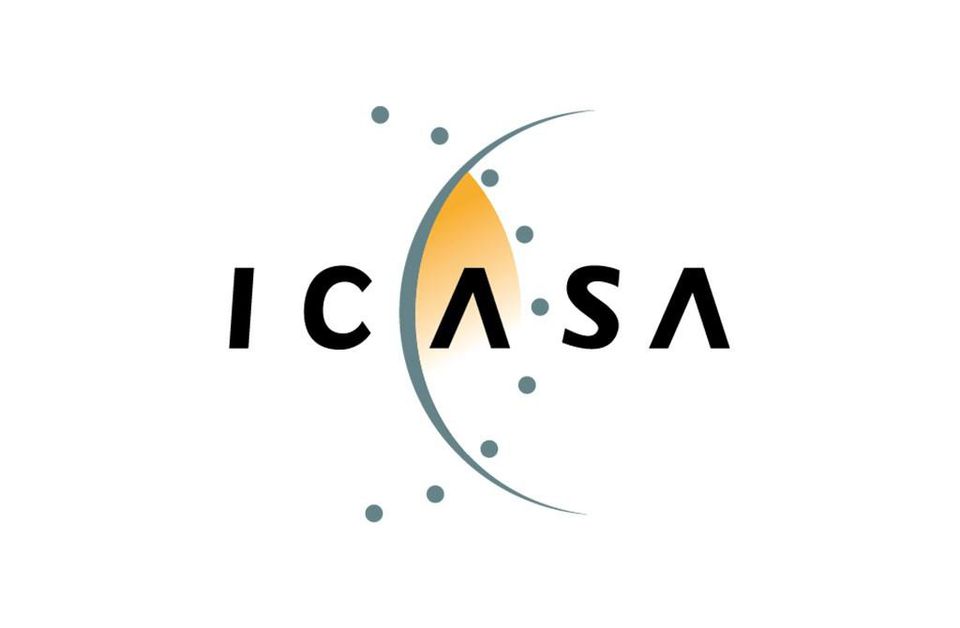Last year, Multichoice blamed an “unregulated Netflix for their loss of more than 140,000 subscribers. To counter this loss, it introduced DStv Now, an online streaming service that allows subscribers to watch contents online to be able to compete.
Multichoice has been in the entertainment business since 1995. The MultiChoice Group is the parent company of MultiChoice South Africa (which includes SuperSport, M-Net, GOtv, ShowMax, Irdeto, and DStv Media Sales).
In 2016, ICASA published a notice to communicate its intention to conduct an inquiry into the broadcasting services sector. The Independent Communications Authority of South Africa has finally moved towards ending DSTV’s Monopoly in South Africa, due to a lack of competition in
South Africa’s pay TV industry and the high cost of subscription. It published a draft finding of its inquiry into its television broadcasting services. From the result of these findings, ICASA concluded that Over-the-top (OTT) services and migration to digital terrestrial television do not compete directly with subscription TV broadcasting services.
See also: Boomplay, Africa’s Biggest Music Platform, Raises $20 million Series A Fund
ICASA has identified four retail markets for the distribution of video content in South Africa. These includes analogue based free-to-air TV services, basic-tier subscription TV services and satellite free-to-air TV services, premium subscription TV services and video-on-demand services. As a result of MultiChoice’s dominance, ICASA is proposing various license conditions to address the market failure.
Some of the steps taken includes:
A reduction of contract durations by reducing long-term contracts and prohibiting automatic contract renewal.
Unbundling: ICASA wants to unbundle sports rights just like in Europe. Therefore the rights would be open tender with no automatic renewal of contracts.
ICASA plans to split content rights and sell them to more than one broadcaster in South Africa. This will allow smaller entrants bid for rights.
Wholesale must offer regulations to allow other channels acquire key sport rights.
It would limit access to the number of Hollywood studios that a broadcaster may sign exclusive agreements with for the purpose of distributing movies.
Finally, ICASA also proposes set-top box interoperability for viewers to be able to use one decoder for all direct-to-home satellite services.
“Most stakeholders agree with the Authority’s analysis and preliminary views contained in the Discussion Document. MultiChoice, on the other hand, generally disagrees,” ICASA said.
Depending on the outcome of the final version of its findings, ICASA may consider developing regulations in terms of Section 67(4) of the Electronic Communications Act. (The Act provides for the regulation and convergence of electronic communications, their networks and broadcasting services.)
More on TechGist Africa:
- Hospitality Association of South Africa Pushes for Government Regulation on Airbnb
- Jumia Finally Opens on the New York Stock Exchange, Raises $196 Million
- Facebook Now Uses AI to Identify Populations with Poor Connectivity in Africa
- SA’s Cisco Launches Incubation Hub in Durban
- Logistics Platform, GoBEBA Launches in Kenya
